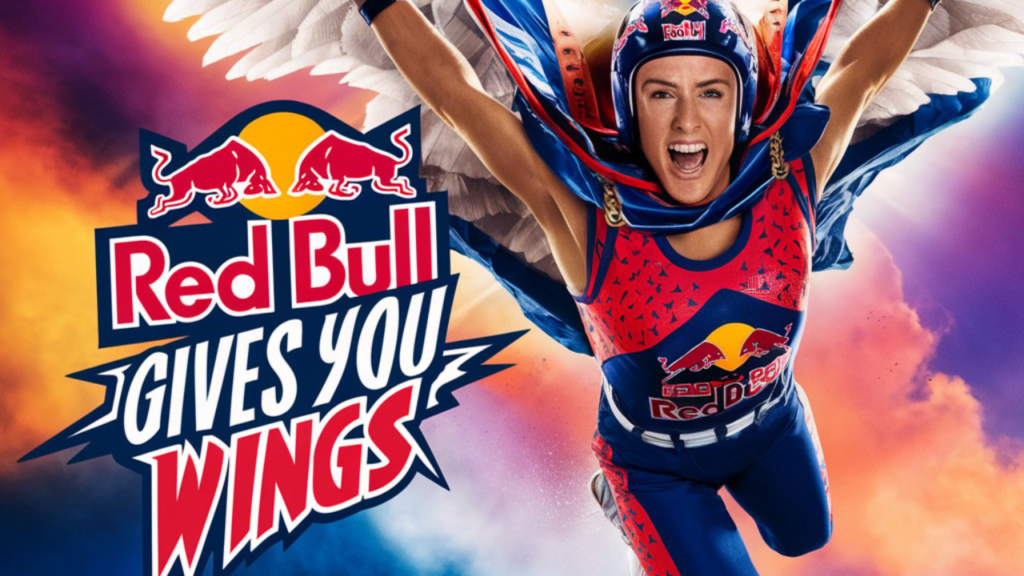
In 2023 Red Bull sold 12.138 billion cans globally, a 4.8% increase over 2022. Global sales of Red Bull cans have exceeded 100 billion since the beverage’s introduction in 1987. In 2020, Red Bull held a 43% market share, making it the most well-known brand of energy drink. After Pepsi and Coca-Cola, it is also the third-most valuable soft drink brand. Red Bull’s operations extend far beyond just selling energy drinks, encompassing a vast array of ventures that include sponsoring major sports events, owning sports teams, and producing media content. The company owns multiple sports teams, including two Formula One teams, five professional football clubs. Additionally, they host extreme sporting events and sponsor athletes. This blog will uncover the tactics behind Red Bull’s revenue generation and how it continues to dominate its industry.
Red Bull’s Rise: From a Thai Energy Drink to a Global Powerhouse
In 1976, Chaleo Yoovidhya introduced a beverage called Krating Daeng in Thailand, which gained popularity among Thai truck drivers and laborers. This drink caught the attention of Dietrich Mateschitz, an Austrian businessman, during his visit to Thailand in 1982. Mateschitz, intrigued by how Krating Daeng cured his jet lag, partnered with Chaleo in 1984 to co-found Red Bull GmbH. With each investing $500,000, they transformed Krating Daeng into an international brand, launching Red Bull in Austria in 1987. The drink was rebranded as a premium product in Western markets, initially targeting trendy ski resorts in Austria. This strategy set the stage for Red Bull’s global expansion, dominating both ends of the energy drink market spectrum and eventually establishing the company as a powerhouse in the beverage industry.
Building a Global Sporting Empire: Red Bull’s Dominance
Red Bull has transformed from a mere energy drink company into a global powerhouse in the sports world. From cliff diving to Formula One and football, the brand has built an impressive portfolio, owning multiple sports teams and creating its own high-profile events. The company’s aggressive expansion into various sports, including Formula One with Red Bull Racing and football with clubs like RB Leipzig, demonstrates its commitment to dominating the sports landscape. Red Bull’s strategic sponsorships and innovative events have solidified its status as a world-class sporting empire.
The Future of Red Bull: Sustaining Growth and Innovation
Red Bull’s journey from a Thai energy drink to a global powerhouse is a testament to its innovative marketing and relentless pursuit of excellence. As the brand continues to dominate the energy drink market and expand its influence in the sports world, the key to its future success lies in sustaining growth through innovation. By continually evolving its product offerings, expanding into new markets, and deepening its involvement in sports and media, Red Bull is poised to remain a dominant force in both the beverage and sports industries for years to come.
